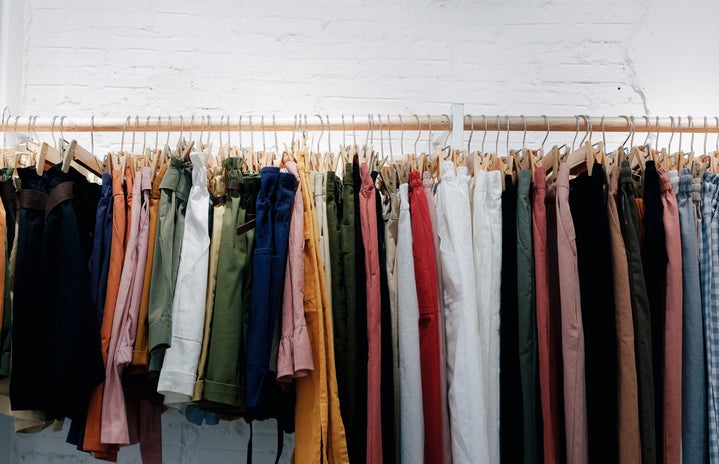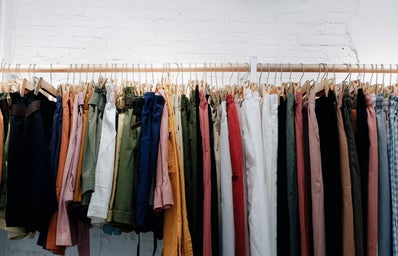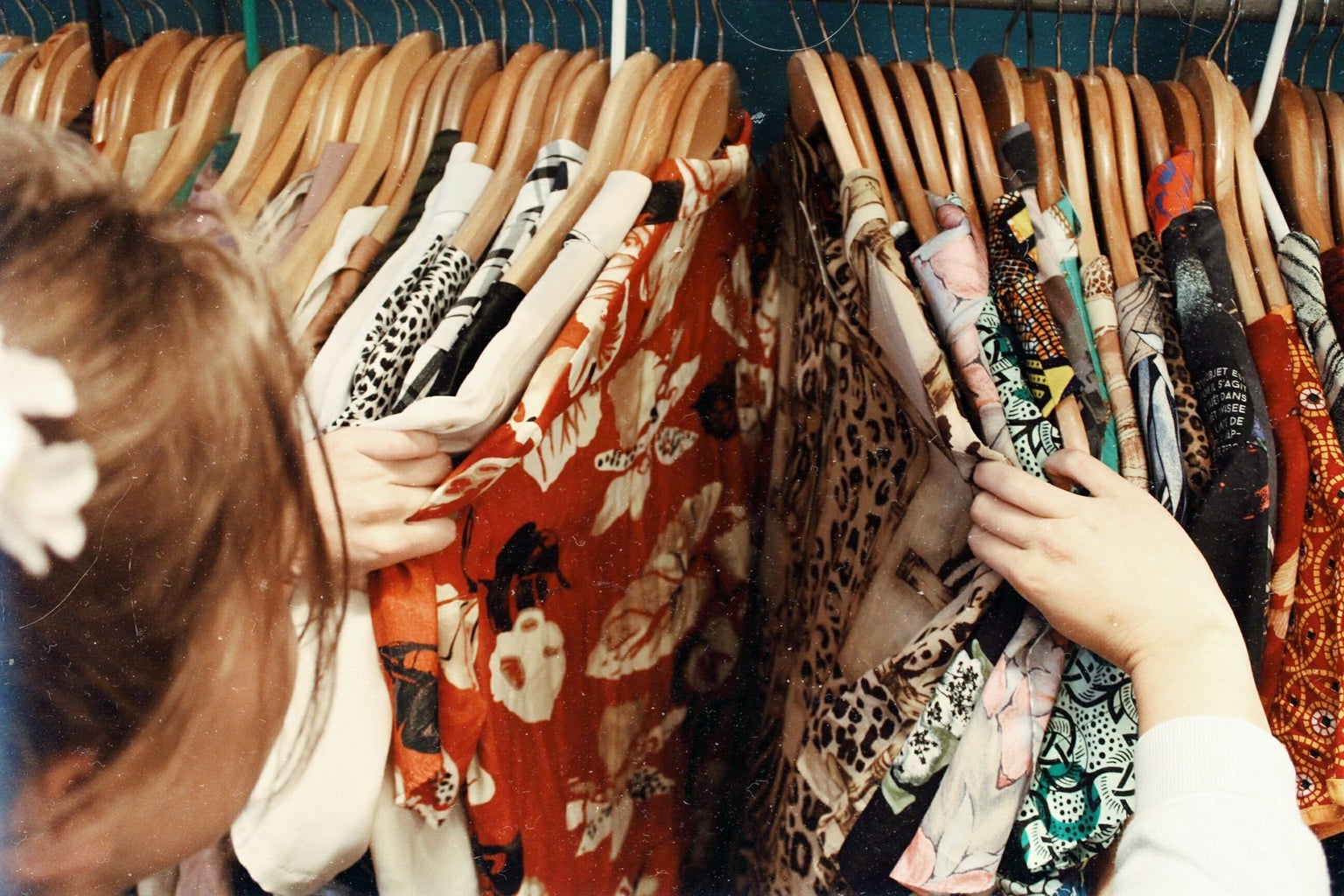“Look good, feel good, play good” -Deion Sanders
Is it possible for fashion and psychology to be interlinked? Yes, and here’s why:
The term “look good, feel good, play good” is a popular slogan coined by Deion Sanders, a former NFL star who played mainly as a cornerback and was well known for looking “flashy” and being brutally honest. So why is the quote so popular and how does it relate to psychology? Well, there is a phenomenon widely known as “enclothed cognition” and it is responsible for the accuracy and explanation of this quote. Enclothed cognition is the idea that what you wear can actually affect your psychological processes, so not only does what you wear affect how others perceive you, but it can also change your internal perception of yourself.
Two main physiological reactions occur inside your mind and body when you feel good: dopamine increases and cortisol decreases. Contrarily, having low dopamine and high cortisol levels not only negatively affects your performance on short-term tasks, such as that paper you still haven’t been able to find the time to finish or that report for work that’s due Friday, but also can significantly impact your long-term cognitive functioning. For example, high cortisol levels have been linked to visual impairments and worsening memory while low dopamine levels can also introduce low self-esteem, struggle with daily activities, anxiety, and more. Keeping both of these chemicals regulated is essential to living a fulfilling life and feeling good.
So how do we feel good? We look good. You know the difference you feel when you walk outside with hair done, perfected makeup, flattering outfit, and everything put together, compared to running on two hours of sleep, sweats on, and your hair tied up. Although there is nothing wrong with the second scenario, there is an energy shift inside you when you experience the first one. The way you walk, the way you address things, and the way you interact with people are all filled with increased confidence. This is due to “self-efficacy” a term commonly used in addition to enclothed cognition. Self-efficacy is a person’s belief in their ability to perform certain tasks and is commonly used in the argument of fashion and psychology. The clothes you wear have a direct effect on your confidence, self-analyzation, and mood. The clothes you feel comfortable in are going to put you in a better mood than the clothes that you constantly have to readjust, and the clothes that you feel like yourself in are going to boost your confidence much more than the clothes that you wear because it’s what’s “in style” right now. All of these factors have to do with how you perceive yourself, and how you perceive yourself is key to how successful and competent you feel internally. If you look good you will feel good, and if you feel good you will do good.
It’s important to remember that how you dress has nothing to do with how competent or able you are and that your outward appearance does not make you smarter; these psychological theories simply state that your fashion can bring out that part of you that may be tucked away or is struggling to come out. You have all the ability in the world to complete and even exceed every goal you have made for yourself, but simply getting ready and completing these goals in an outfit that awakens your brain, an outfit that you love and you feel good in, instead of staying in your pajamas, will make those goals feel much more attainable.
Next time you have a task to complete that seems too difficult or you’re just having a rough week, you can try putting on your favorite outfit, maybe even some jewelry, and reminding yourself that you are fully capable of completing all the tasks that lie ahead of you. Look good, feel good, play good.




